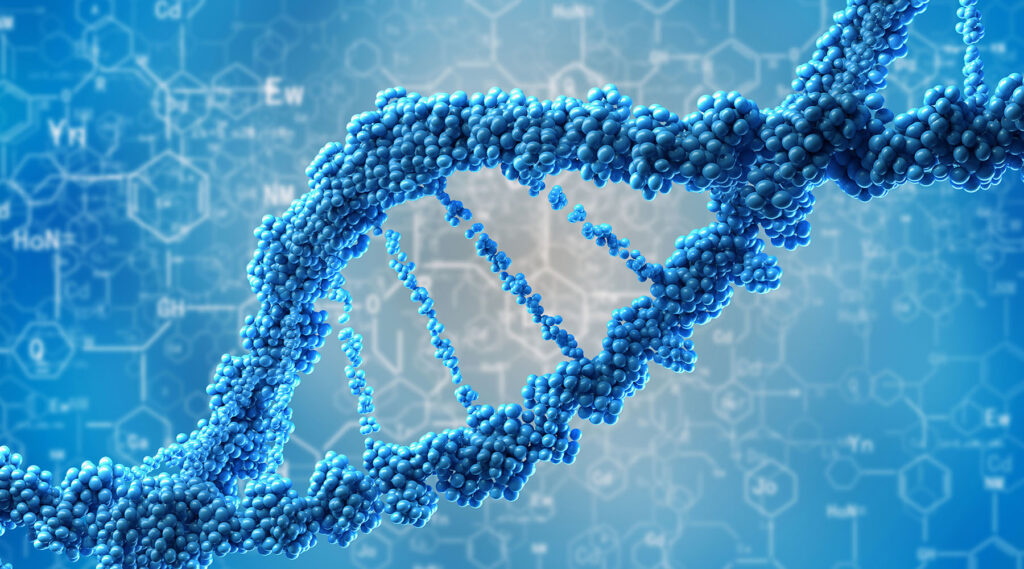
Rare genetic diseases present a unique set of challenges in both diagnosis and treatment. These conditions, often referred to as orphan diseases, are characterized by their low prevalence in the population. Although individual rare diseases may be uncommon, collectively, they affect a significant number of people worldwide. Here are some of the key challenges associated with rare genetic diseases in the context of diagnosis and treatment:
Limited Knowledge and Research:
Rare diseases are often poorly understood due to limited research and knowledge about their underlying genetic and molecular mechanisms. This lack of understanding makes it difficult to develop effective treatments.
Delayed or Missed Diagnosis:
Many rare genetic diseases manifest with nonspecific symptoms that can mimic more common illnesses, leading to delayed or missed diagnoses. This can result in significant patient suffering and worsened outcomes.
Limited Clinical Expertise:
Rare diseases require specialized medical knowledge, and healthcare providers may lack experience in diagnosing and managing these conditions. This can lead to diagnostic errors and suboptimal care.
Heterogeneity:
Rare genetic diseases can be highly heterogeneous, meaning that even individuals with the same condition may present with different symptoms and disease progression. This complicates diagnosis and treatment planning.
Lack of Treatment Options:
Due to the limited understanding of many rare diseases, there may be a lack of targeted treatment options. Patients may receive only symptomatic care, if any, rather than disease-modifying therapies.
High Costs:
Developing therapies for rare diseases can be cost-prohibitive for pharmaceutical companies, given the small patient populations. Consequently, treatments can be extremely expensive, putting a significant financial burden on patients and healthcare systems.
Patient Isolation:
Patients with rare diseases often face social isolation and stigmatization due to their conditions. This isolation can affect mental health and the patient’s overall well-being.
Limited Research Funding:
Rare diseases receive limited research funding compared to more common conditions, which hinders the development of new diagnostic tools and treatments.
Regulatory Challenges:
Obtaining regulatory approval for new treatments for rare diseases can be challenging due to small patient populations and a lack of traditional clinical trial data. Special regulatory pathways, such as orphan drug designations, are in place to address this issue, but they still present hurdles.
Ethical Dilemmas:
Some rare diseases, particularly those affecting children, raise ethical questions about the allocation of resources and the balance between pursuing treatments for rare conditions versus more common diseases.
Family and Caregiver Strain:
Rare diseases can take a toll on families and caregivers, who may face emotional, financial, and logistical challenges in providing care and support.
Challenges in Diagnosis and Access to Treatment
Despite these challenges, advances in genetics and biotechnology are helping to improve the diagnosis and treatment of rare genetic diseases. Collaboration between healthcare professionals, researchers, patient advocacy groups, and regulatory agencies is essential. This is crucial to addressing the problems, providing better care, and developing more effective treatments for those affected by rare genetic diseases. Additionally, the emergence of personalized medicine and genetic therapies holds promise for many rare diseases by providing more targeted and effective treatments in the future.
[…] and treatment of rare genetic diseases face many challenges. However, scientific advances and increasing social awareness have also […]